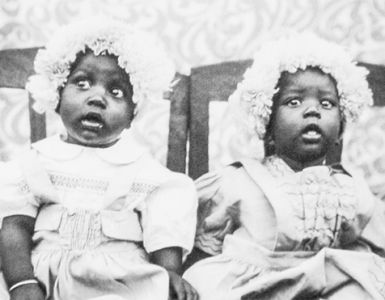PERSPECTIVE: Author Beinart reflecting on what it means to be Jew in light of destruction of Gaza
By Jacob Mawela
What does it mean to be a Jew?
This is a rhetorical question the author of the book, Being Jewish After the Destruction of Gaza, time and time reverts to, seeking to have a deeper appreciation of the politics of genocide.
The writer, in asking the question, is possibly struggling and agonising, as a Jewish person himself, to find answers for the unwarranted cruelty visited on Palestinians by the Israel government and its military forces.
Although the author is an American citizen, part of his life was spent in unjust and oppressive apartheid South Africa.
Might these thoughts conjure up in him memories and perspectives of how the Jews suffered under the deadly Holocaust programme of Nazi Germany?
These memories, underpinned by antisemitism sentiments – similar to the unjust apartheid system which the author experienced – were used to abuse and oppress black people, a treatment that white people were not subjected to?
Writer Peter Beinart, who spent his formative years in South Africa, is without a shadow of doubt intrigued by the manner in which the Jewish texts appear to him to be designed to carry in them history and language scenarios of mass slaughter and starvation, interspersed with victimhood.
Could it be that this approach to life is cleverly designed to justify, and give content to why the Israel government has chosen to annihilate the Palestinians in the Gaza strip the way they do because they see Palestinian as Nazis incarnate?
Reading this book, what are we supposed to make of such language, used by the Israel leadership?
“What is wrong with you? Have you not seen what’s happened? We’re fighting Nazis,” former Israel prime minister, Naftali Bennett, is quoted in the book as having rebuked a British Sky News television anchor in an interview that took place in 2023.
The journalist sought to get an understanding from Bennet why the Israeli soldiers found it so easy to persecute the Palestinians.
As if this were not enough, Israel’s Pime Minister Benjamin Netanyahu would also use the Nazi tag when making reference to Hamas, with the Israel finance minister, Bezalel Smotrich, falsely suggesting there were “two million Nazis” on the loose who had infiltrated the disputed West Bank, thus endangering the lives of Israelites.
The propaganda never stops. The Israel ambassador to the United Nations, Gilad Erdan, told the UN Security Council that Israeli families had been turned into “smoke and ash – not different from the fate my grandfather’s family met at Auschwitz” – all along maintaining Israel’s innocence, writes Beinart.
As you turn page after page of the book, you will read stories of Jews in Israel and in the diaspora having perfected narratives of victimhood and of be treated as pariahs.
Beinart writes that many Israeli Jews view integration with Palestinians as unthinkable just as the apartheid white South Africans did during the apartheid heydays.
The pro-Palestine students, many of whom of Jewish descent, are criminalised, and that Netanyahu is bent to demonise Palestinian students, alleging “anti-semitic mobs” had taken over leading universities” amid false reports of attacks on Jews on the US campuses.
Beinart also makes reference to assertions that Jewish community in Israel and across the world is bent on smearing and intimidating leading human rights organisations and international courts – a case in point being the Jewish Zionists’ opposition to the South African government having taken Israel government to the International Court of Justice (ICJ), and holding Israel accountable for the genocide against Palestinians.
The book shocks. The genocide abides apace despite the worldwide condemnation of atrocities and human rights abuses by the government and its Israeli Army.
The world watches the destruction of the Gaza strip, and shrug its shoulders, but Beinart appeals to fellow Jews to grapple with the immorality of events unfolding, perpetrated by the Israel government.
Beinart was born in the United States in 1971 to Jewish immigrants. His father was an academic and his mother, the head of a human rights film programme at Harvard University – is of South Africa’s descent, a professor of journalism and political science at the Craig Newmark Graduate School of Journalism at the City University of New York.
He is a non-resident fellow at the Foundation for Middle East Peace.
• A trade paperback, Being Jewish After the Destruction of Gaza is published by Atlantic Books and distributed in South Africa by Jonathan Ball Publishers. Available at leading bookstores countrywide, and retails for R435.






























